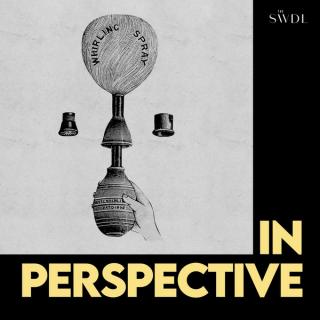In this episode, historian Dr. Sanjam Ahluwalia talks to us about how middle-class men led India’s birth control advocacy in the 19th century, how contraception is used to surveil women, and why reproductive rights is such a fraught issue around the world.
‘In Perspective’ is our podcast series where academics reveal little-known facts about Indian history, society and culture.
Notes:
1:16- In the late 19 and early 20th centuries in India, what kind of debates around contraception do we see within the medical establishment and among colonial authorities, and why was the colonial state hesitant to make active policy interventions to actually encourage birth control?
6:24- How did the rise of the Indian middle-class lead to the emergence of birth control advocacy at this time?
14:04- Could you elaborate on what ‘eugenic patriotism’ means?
18:30- What positions did first generation India middle-class feminists take on birth control in colonial India?
23:52- How did British and American advocates of birth control get involved in Indian efforts in 20th century India, and what impact did this have on global campaigns on birth control?
31:13- Why did Western birth control activists find it necessary to intervene in India?
46:14- How did birth control become a tool of surveillance and control of women subaltern classes, and is this a legacy that remains strong till today?




